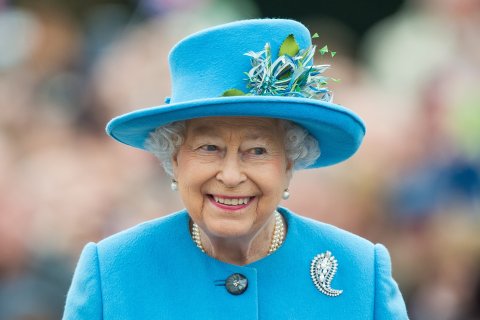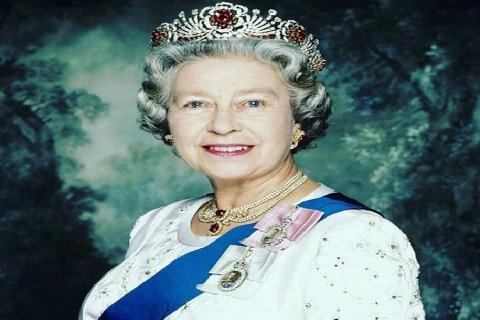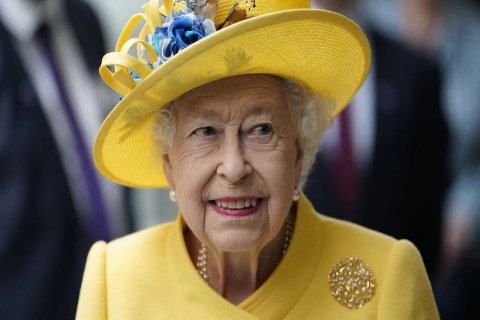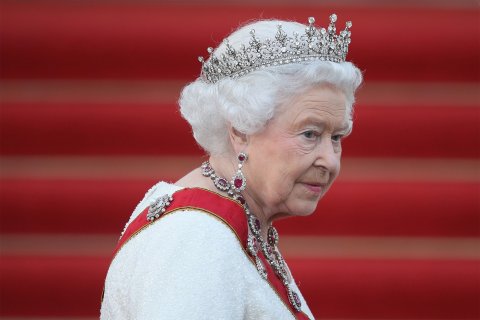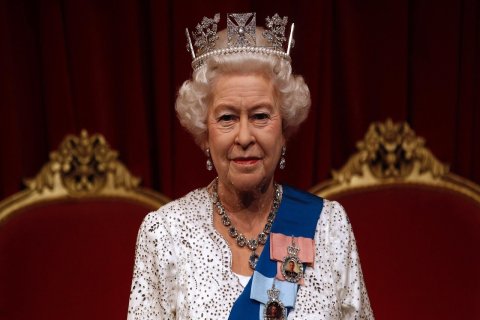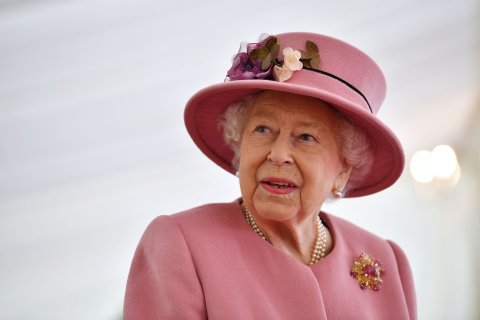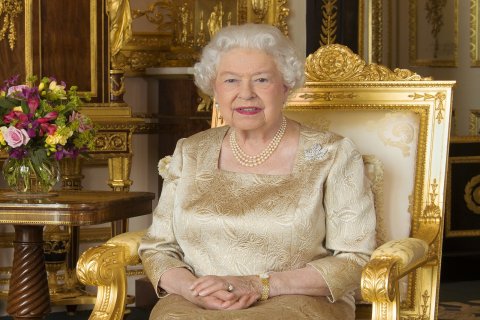Queen Elizabeth II
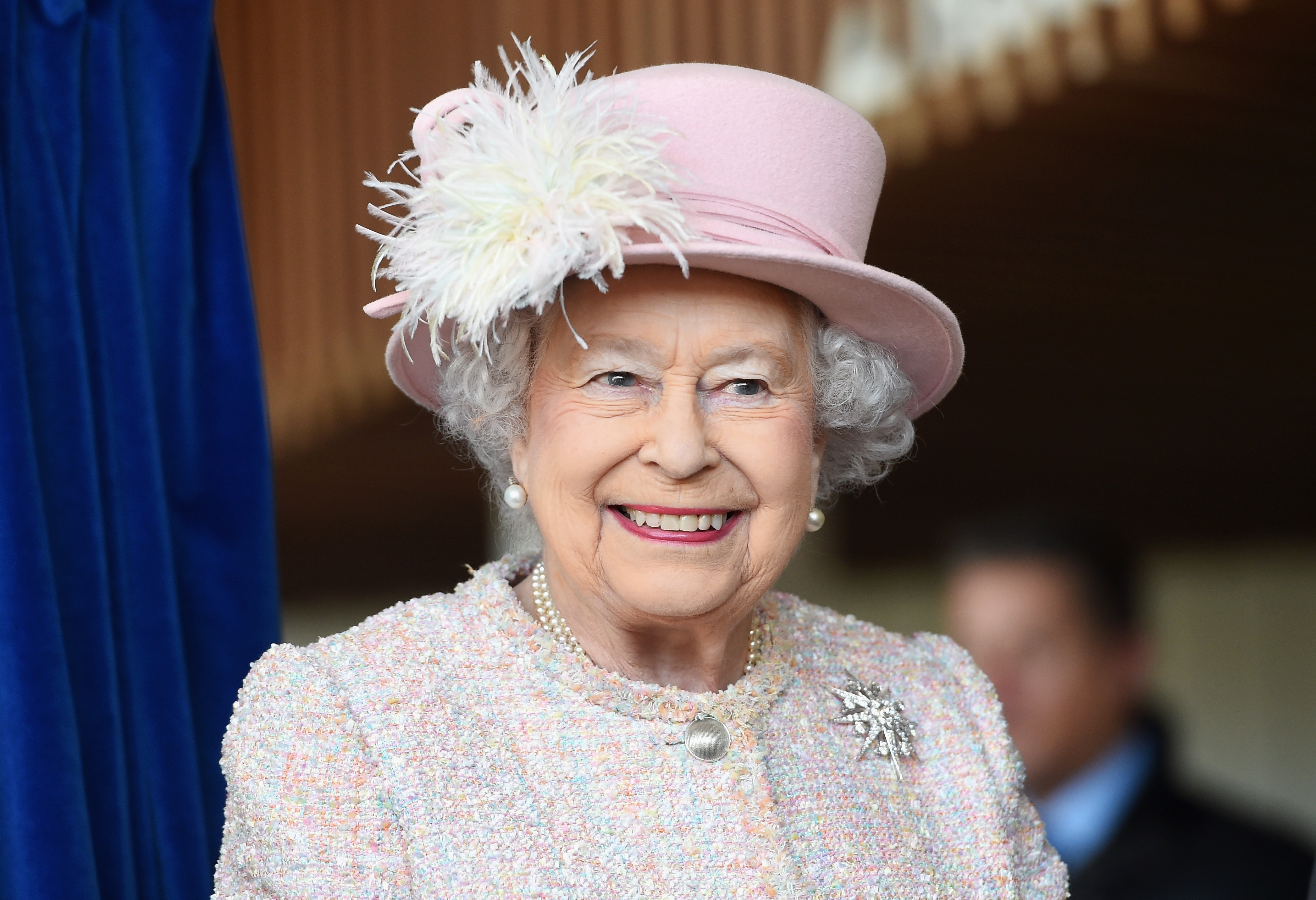
Queen Elizabeth II: A Remarkable Life and Reign
Introduction:
Queen Elizabeth II, the longest-reigning British monarch, passed away peacefully at the age of 96 on September 8, 2022. Her reign spanned seven decades, witnessing significant historical events and societal transformations. This article delves into the life and legacy of Queen Elizabeth II, exploring her childhood, accession to the throne, and her enduring impact on the United Kingdom and the Commonwealth.
Early Life and Education:
Elizabeth Alexandra Mary Windsor was born on April 21, 1926, in Mayfair, London. As the elder daughter of Prince Albert, Duke of York (later King George VI), and Elizabeth Bowes-Lyon, she was third in line to the throne. Elizabeth received a private education at home under the tutelage of governesses, focusing on subjects such as history, language, and music. She displayed a love for horses and outdoor activities from an early age.
Accession to the Throne:
In 1936, Elizabeth's uncle, King Edward VIII, abdicated the throne to marry American divorcée Wallis Simpson. Elizabeth's father, Albert, became King George VI, and she became heir presumptive to the throne. At the age of 21, Princess Elizabeth embarked on a tour of Southern Rhodesia (present-day Zimbabwe) and South Africa, capturing the hearts of the public with her poise and charm.
Reign and Public Service:
Queen Elizabeth II ascended to the throne on February 6, 1952, following the death of her father, King George VI. Her coronation took place at Westminster Abbey on June 2, 1953, a lavish ceremony broadcast to millions worldwide. Throughout her reign, the Queen dedicated herself to public service, undertaking numerous official engagements and meeting countless individuals from all walks of life. She became a symbol of stability and continuity during a period of rapid social and political change.
The Commonwealth and International Relations:
Queen Elizabeth II played a pivotal role in fostering unity and cooperation among the countries of the Commonwealth. She undertook numerous overseas tours, strengthening diplomatic ties and promoting cultural exchange. The Queen also maintained close personal relationships with many heads of state and government, contributing to international peace and understanding.
Modernization and Adaptation:
Queen Elizabeth II embraced modernization and technological advancements during her reign. She became the first British monarch to use electronic communication, including email and social media. The Queen also oversaw the modernization of the monarchy, streamlining its operations and making it more accessible to the public. She adapted to changing times while preserving the traditions and values of the British monarchy.
Personal Life and Family:
Queen Elizabeth II married Philip Mountbatten, a former Greek prince, in 1947. Their marriage lasted for 73 years until Prince Philip's death in 2021. The couple had four children: Charles, Prince of Wales; Anne, Princess Royal; Prince Andrew, Duke of York; and Prince Edward, Earl of Wessex. The Queen enjoyed spending time with her family, particularly her grandchildren and great-grandchildren.
Legacy and Impact:
Queen Elizabeth II's reign was marked by her unwavering commitment to public service, her dedication to the Commonwealth, and her ability to adapt to changing times. She became an icon of stability, unity, and tradition, earning the respect and admiration of people worldwide. Her legacy will continue to inspire future generations, leaving an enduring mark on British history and the global stage.

